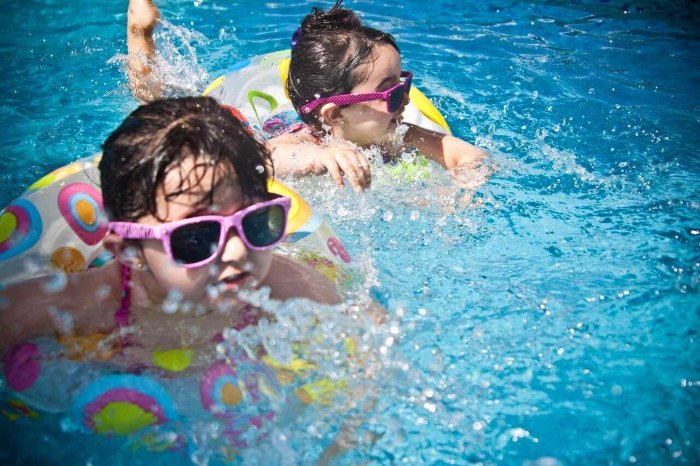Drowning Prevention Tips
May is National Drowning Prevention Awareness Month. Drowning is the cause of more deaths in children than any other cause annually. The reality is drowning is often preventable.
A child can drown in as little as two inches of water. And according to the Florida Department of Health, “most infant drownings occur in bathtubs and buckets. Children ages 1-4 are more likely to drown in home swimming pools. Children 5+ are most likely to drown in natural bodies of water. Black children ages 5-19 are 5.5 times more likely to drown in a pool than their white peers.”
Knowing proper water safety, especially as is pertains to children, is crucial to keeping safe from the dangers of drowning.
Here Are Some Water Safety Tips for All Ages:
- Do not leave children unattended in, or around, water. Adult supervision is one of the easiest ways to prevent drowning. There should be a designated watcher for any situation where children are in water, even if the child is a good swimmer.
- Know drowning can occur in more than just swimming pools. Bathtubs, large buckets,, the beach, shorelines, and other areas all pose a risk for swimmers of all levels.
- Pool areas should be gated and doors out to the pool should be alarmed.
- For adults: use caution when consuming alcohol when swimming or boating.
- Getting CPR certified will equip you with a vital skill in case of emergencies..
- Not all water toys and floats are approved flotation devices. Keep a certified flotation device in your swimming areas and know the proper way to use it.
- Discourage rough play in any body of water.
If you, another family member, or your children do not yet know how to swim, or would like to learn to swim better there are many resources to connect you with lessons. Children as young as six months old can be taught to swim and float to prevent drowning.
For more information on swim lessons in your area visit InfantSwim.com or The Florida Department of Health.
Sharing the water safety tips listed above can keep kids aware of the dangers and encourage them to be safe around water.
Swimming and other water activities are a lot of fun, and they’re even more enjoyable when you have peace of mind knowing everyone is safe. Practice proper water safety at all times, and know what to do if an emergency arises.
BHA is a partner aimed at Advancing Community Health. If you’re looking for a new primary care physician, women’s health practitioner, or pediatrician please visit our website for a list of locations and services provided throughout Brevard County. Brevard Health Alliance is Brevard County’s only Federally Qualified Health Center.


















































































































































